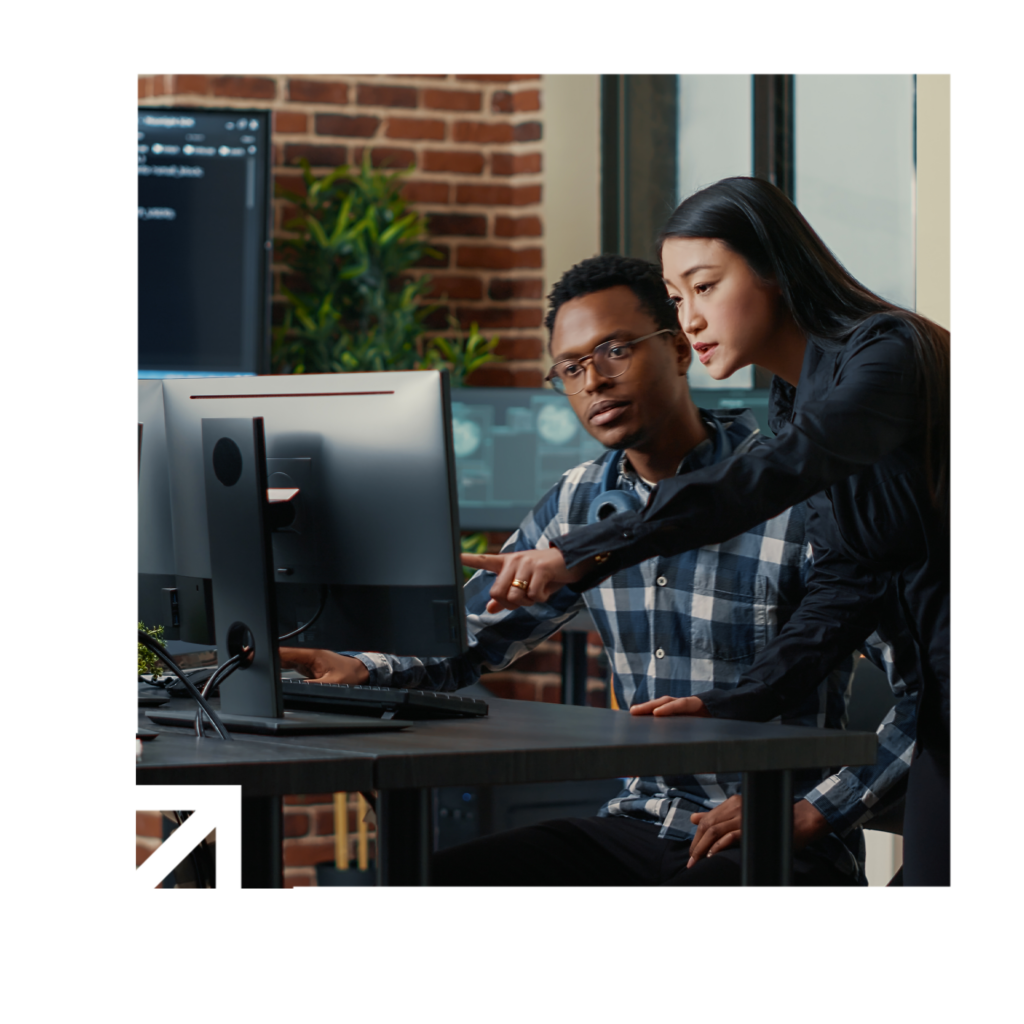
DevOps Engineers focus on shortening the system development life cycle and delivering high-quality software. The role includes coding, infrastructure management, system administration, and the rapid deployment of software updates. DevOps Engineers automate and optimize processes, manage Continuous Integration (CI) and Continuous Delivery (CD) pipelines, ensure system reliability and handle version control.

Adaptability, Basic Computer Competencies, Communication, Creative Thinking, Critical & Analytical Thinking, Customer Focus, Dependability, Detail Orientation, Humility, Initiative, Integrity, Leadership, Lifelong Learning, Mathematics, Problem Solving/Decision Making, Professionalism, Reading, Science & Technology, Scheduling/Coordinating, Teamwork & Writing
Can understand and apply basic infrastructure and configuration management concepts
Can use tools like Ansible or Chef to automate infrastructure provisioning and configuration
Understands the fundamentals of CI/CD and can implement basic CI/CD pipelines using tools like Jenkins or GitLab CI/CD
Containerization involves encapsulating or packaging software code along with all its dependencies so that it can run uniformly and consistently on any infrastructure. Orchestration is the automated management of these containers, ensuring they interact efficiently and scale up or down as needed.
Familiar with containerization technologies like Docker and understands the basics of container orchestration with Kubernetes
Has a basic understanding of cloud computing concepts and can use cloud platforms like AWS or Azure for basic tasks
Can implement basic monitoring and alerting systems to track system performance and identify potential issues
To be a DevOps Engineer, you need a high school diploma, with an associate or bachelor’s degree often preferred depending on the opportunity. Other preferred and/or required certifications include: Google’s DevOps Fundamentals: Site Reliability Engineering, AWS Certified DevOps Engineer – Professional, Microsoft Certified Solutions Expert for Azure DevOps Solutions, Certified Kubernetes Application Developer (CKAD), Hashicorp Certified Terraform Associate.
Check out our Career Resources Directory to find programs in Indiana that offer opportunities to develop your skills. These include certificate and degree attainment, internship programs, and mentorship to help you prepare for a career in tech.
